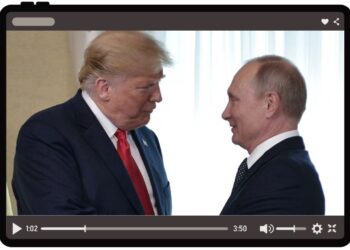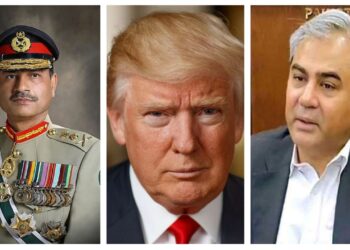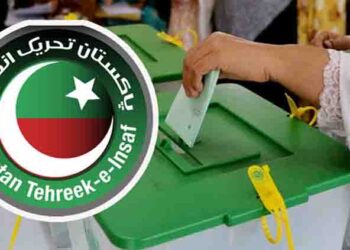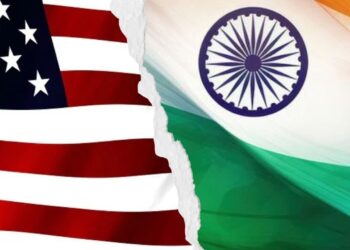The Benazir Income Support Programme (BISP) South Zone Punjab has ramped up its monitoring efforts to combat unauthorized deductions and financial embezzlement during the Quarter 4 (April–June) tranche of the Benazir Kafaalat Programme for the financial year 2024–25.

Field teams have been actively conducting rigorous inspections and verifying beneficiaries across various districts in South Punjab. These intensified efforts have uncovered multiple instances of malpractice, prompting decisive action to protect the payments meant for impoverished families.
As a direct outcome of these operations, BISP has permanently blocked 508 retailer devices implicated in irregularities. Additionally, 22 First Information Reports (FIRs) have been registered against individuals involved in illegal deductions and misappropriation of funds.
Law enforcement agencies have arrested 23 suspects linked to these fraudulent activities, underscoring the Programme’s zero-tolerance approach to corruption.
Zonal Director South Zone Punjab, Sayema Bashir, stressed that these measures highlight BISP’s firm commitment to ensuring transparency, accountability, and safeguarding the financial rights of marginalized households.
She noted that BISP’s monitoring teams are consistently on the ground to supervise disbursements, enforce strict compliance, and swiftly address any grievances.
She also urged beneficiaries to remain vigilant and promptly report any unauthorized deductions or misconduct by calling the BISP helpline at 0800-26477 or by visiting the nearest BISP office.
Reaffirming the Programme’s stance, the Zonal Director made it clear that deductions from grants intended for poor families will not be tolerated under any circumstances.
The Benazir Kafaalat Programme remains dedicated to delivering full financial assistance to deserving families, ensuring that support reaches them with dignity and without any unwarranted cuts. Through these robust monitoring and enforcement actions, BISP continues its mission to protect the welfare of Pakistan’s most vulnerable citizens.


























